Hong Kong police arrest paper's executives over 'suspected collusion with foreign forces'
Police in Hong Kong have reportedly arrested five executives of a prominent newspaper over suspected collusion with foreign forces and violating the national security law.
On Thursday, police raided the offices of Apple Daily newspaper and detained its chief editor Ryan Law as well as four other directors under the national security law in the semi-autonomous city.
Police said the executives were arrested "for collusion with a foreign country or with external elements to endanger national security."
An unnamed police source later said those arrested included four men and one woman aged between 47 and 63, adding that they were all executives of Next Digital, Apple Daily's parent company.
They remained in custody, the source added.
The Apple Daily also confirmed that Law was among those arrested.

The paper also broadcast live footage of the police raid on its Facebook account as officers cordoned off the complex and walked through the building.
An unnamed reporter said, "They arrived around 7a.m. this morning, our building is besieged."
"Now we can see them moving boxes of materials onto their truck."
"Police are restricting us from using quite a lot of our equipment. But we can still keep this live camera on and our website will keep updating," the voice added.
Thursday’s arrests are the second time the tabloid has been targeted in a police operation.
In August last year, Apple Daily's billionaire owner Jimmy Lai was also arrested over suspected collusion with foreign forces.
The 71-year-old, also a UK citizen, was taken away from his home in the first high-profile arrest since Beijing adopted a national security law on Hong Kong last July. The criminalizes sedition, secession, and subversion against mainland China.
Lai is currently serving multiple jail sentences for attending various protests that rocked Hong Kong two years ago.
He has been a frequent visitor to Washington, where he has met with senior US officials, including former secretary of state Mike Pompeo, to rally support for Hong Kong’s independence from mainland China.
The national security law triggered anti-government protests in Hong Kong, with the critics calling the measure a blow to the semi-autonomous region’s powers and civil liberties.
Beijing has, however, assured that the law targets a minority of troublemakers that disregard law and order in the Chinese financial hub.
China also says the law was necessary following the violent anti-government protests that escalated in June 2018.
The US, Britain, and other Western countries have openly slammed the Chinese law and voiced support for anti-government protesters in Hong Kong.
Beijing has, on many occasions, slammed the UK and the US for their interference in the affairs of Hong Kong as an internal issue of China.
Hong Kong has been governed under the “one-country, two-system” model since the city — a former British colony — was returned to China in 1997.
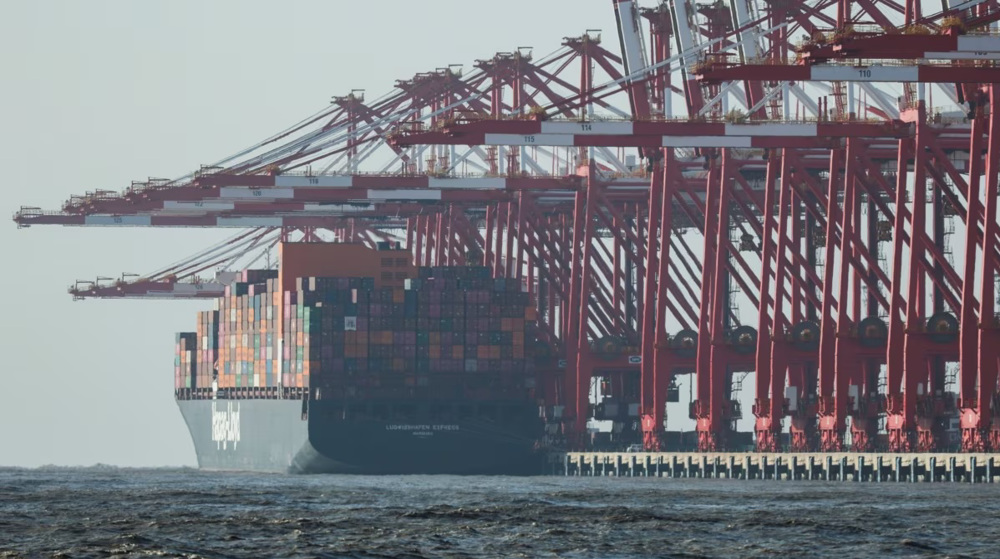
China vows response after Trump announces new 10% tariff
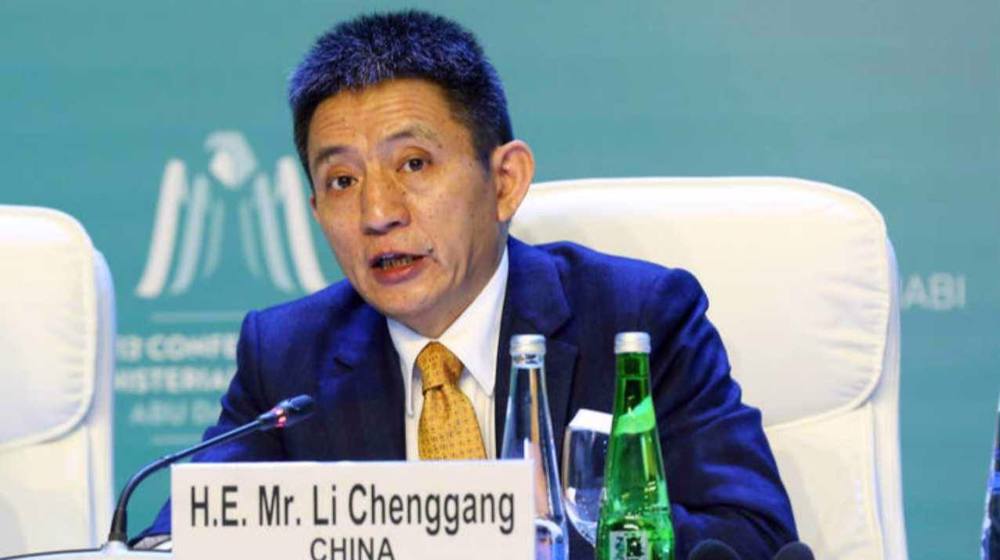
China condemns ‘unilateral and arbitrary’ US tariffs
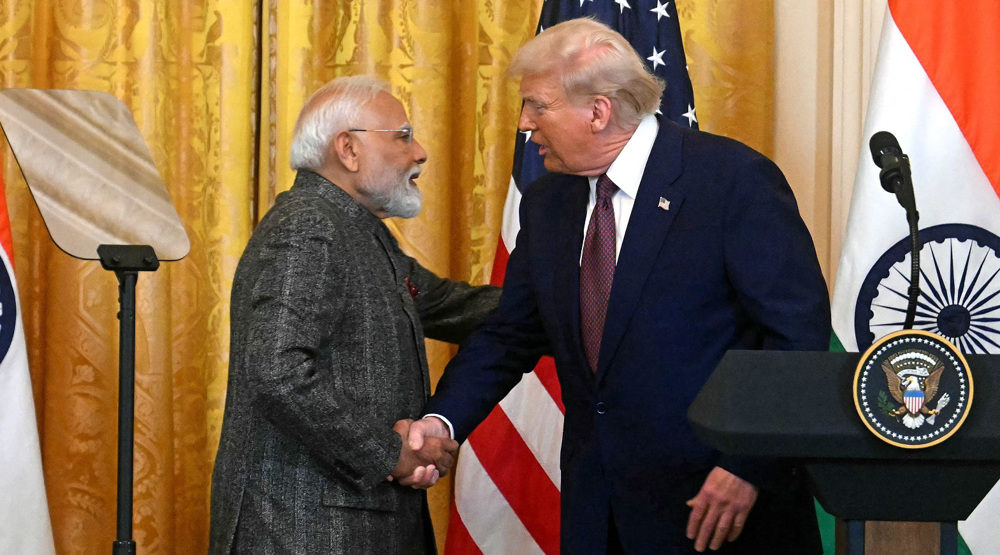
China warns US, India after Trump surge in arms sales to New Delhi
Zelensky should apologize for ‘fiasco’ with Trump: US state secretary
Houthi: Yemen ready to attack Israel if Gaza truce breaks down
VIDEO | Lost classrooms, lost childhoods: Jenin’s children struggle for education
VIDEO | Palestinians ramain steadfast despite Israel’s onslaught
VIDEO | Press TV's news headlines
Iran ready to strengthen ties with UAE based on ‘mutual interests’: Deputy FM
VIDEO | A slap in the face of imperialism
Iran remains steadfast in its ‘principled positions,’ says Foreign Ministry







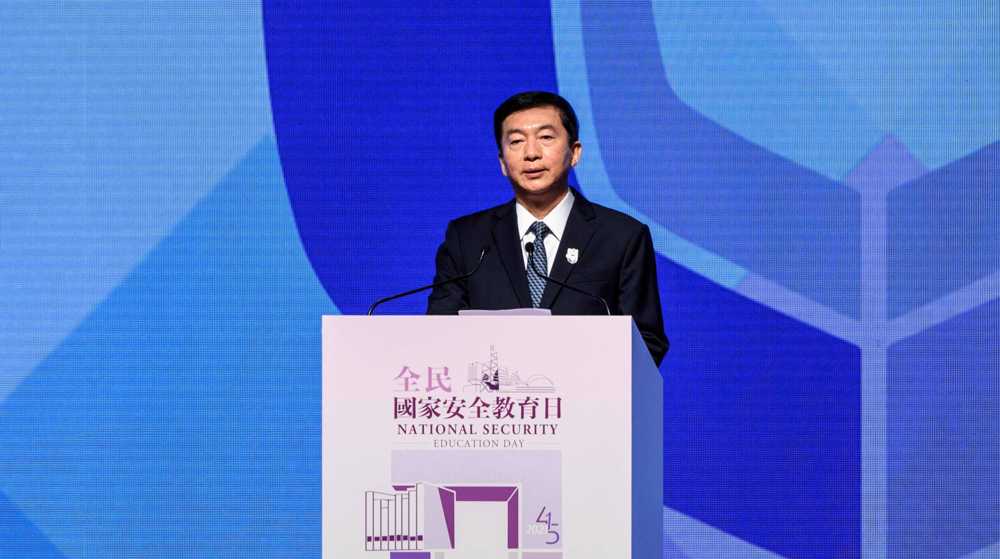
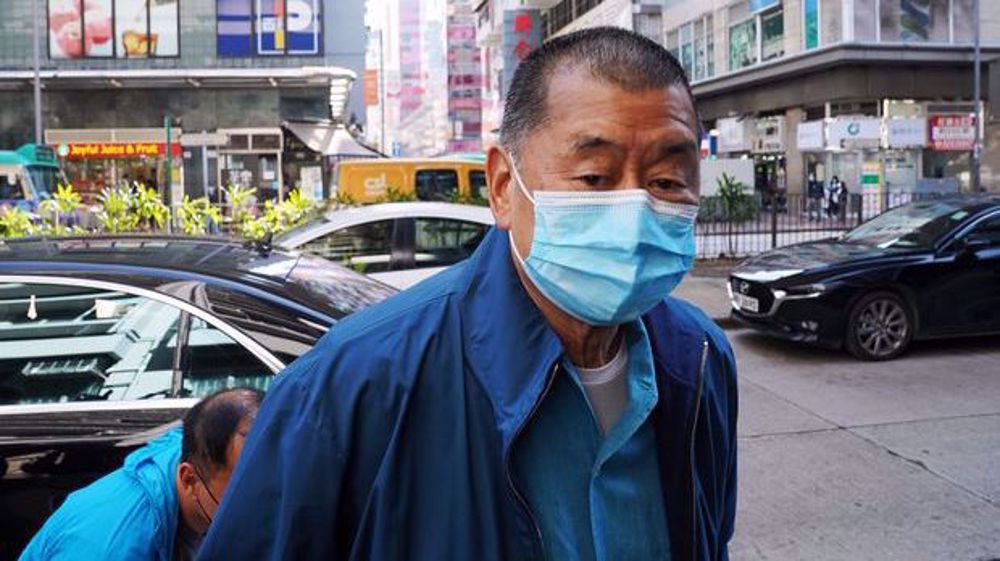
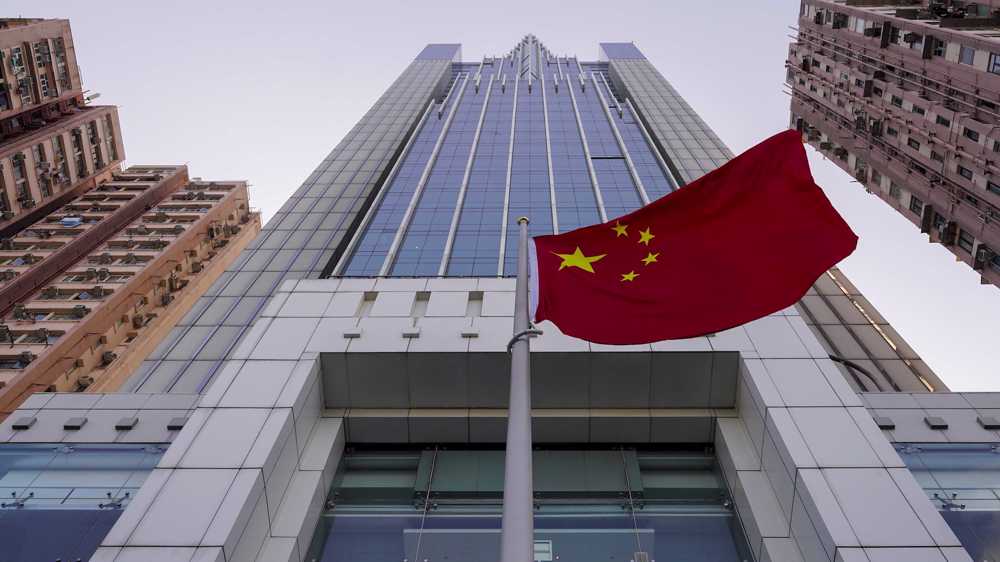

 This makes it easy to access the Press TV website
This makes it easy to access the Press TV website